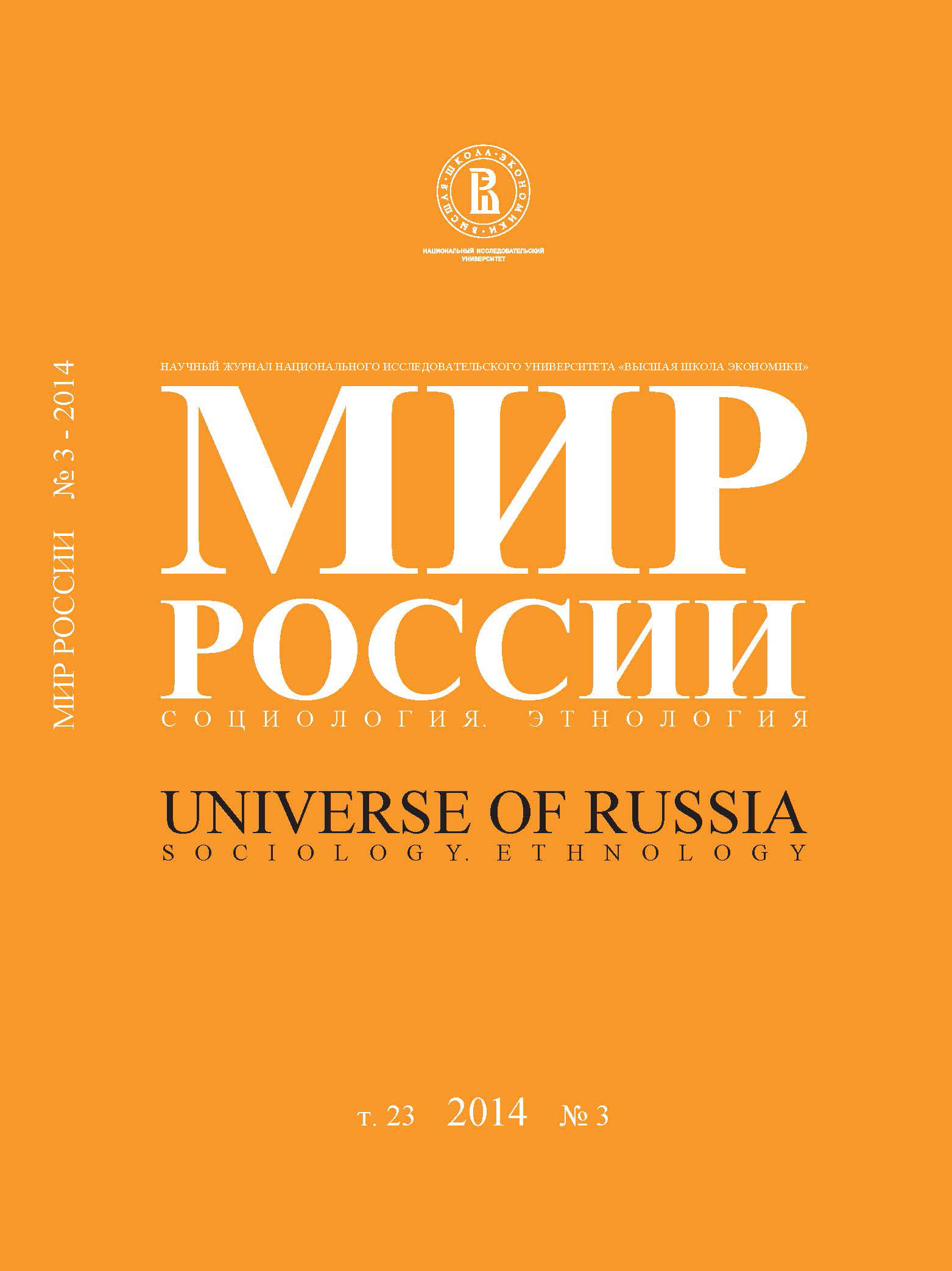Johanna Bockman ‘Markets in the Name of Socialism: The Left-Wing Origins of Neoliberalism’
Abstract
Alexandr Kurakin — Senior Lecturer, Department of Economic Sociology, National Research University “Higher School of Economics”. Address: Room 406, 3, Kochnovsky Ln., Moscow, 125319, Russian Federation. E-mail: akurakin@hse.ru
The review of Johanna Bockman’s ‘Markets in the Name of Socialism: The Left-Wing Origins of Neoliberalism’ focuses the elationships between Western and Soviet economic sciences. Bockman emphasizes that historically there was no insurmountable gap between the analysis of market and planned economies: mathematical analysis made Soviet and Western economists similar to each other. For some period, economists on both sides of the ‘iron curtain’ were intuitively following the same path without any opportunity to communicate with each other. After the political environment changed, Soviet and Western economists found a lot of common ground and began to perceive each other as colleagues.
However, this only refers to the scientists who were mathematical economists, and has nothing to do with those whose expertise was bound to political economy. One such scientist was Leonid Kantorovich — the undisputed leader of the mathematical branch in the Soviet Union. Intense correspondence and warm personal relations between Kantorovich and Tjalling Koopmans, who shared the 1975 Nobel Prize in economics, was a perfect illustration of those emerging international links. Eventually Soviet mathematical economists managed to overcome their isolation from the worldwide scientific community. Moreover, their works were quite in line with contemporary views on what true economists should do. Again, it only refers to a few Soviet scholars, but it was enough not to be neglected.
Bockman’s book is discussed in the context of studies in economic thought. The review contains a short description of Philip Mirowski’s ‘Machine Dreams: Economics Becomes a Cyborg Science’. It highlights the similarities between Bockman’s and Mirowski’s approaches, as well as parallels the development of economic thought in the Soviet Union and the West. Unlike the majority of books devoted to modern economic thought and mostly focused on the Western neoclassical mainstream, the advantage of Bockman’s book is that he employs economic literature from socialist countries including the Soviet Union. The book also has high practical value as it extends its discussion to reform experience in two countries — Hungary and Yugoslavia. By closely studying these experiences, Bockman shows that Yugoslav and Hungarian reformers criticized both Soviet state socialism and American free-market capitalism and invented a model which could be referred to as decentralized market socialism.






